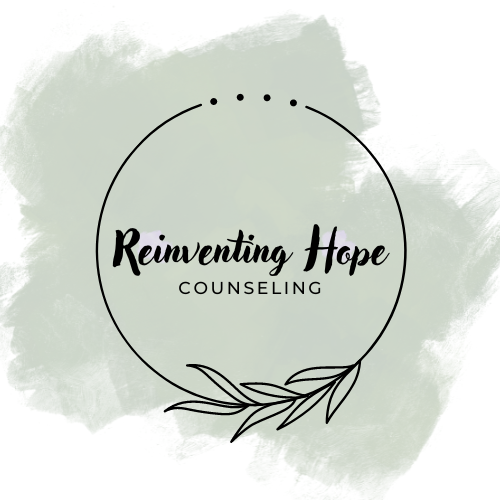Why Lived Experience Matters in Trauma Work
Why Lived Experience Matters in Trauma Work
Written By: Melissa Rabell
For a long time, I never fully understood why some forms of counseling seemed to prioritize personal experience. It puzzled me—why did lived experience seem to be a prerequisite for effectively helping others through it? Weren’t clinical training, empathy, and a deep understanding of human behavior enough?
It wasn’t until I truly stepped into my own work with trauma that I began to see the answer more clearly. As someone with a trauma background, I now recognize that working with trauma survivors requires not just clinical knowledge but also a lived or deeply understood experience of trauma. Otherwise, in both small and big ways, interactions can feel invalidating.
The Power of Shared Experience
There’s something profoundly different about working with someone who truly “gets it.” Not just in theory, not just from textbooks, but from lived experience. Trauma survivors often carry an unspoken understanding of pain, fear, and resilience. We notice when someone is trying to relate but doesn’t quite grasp the depth of our experience. We feel it when someone is approaching us with curiosity rather than deep knowing. And while a therapist or counselor doesn’t need to have gone through the exact same struggles, there is a level of connection and safety that can come from working with someone who has truly been in the trenches of suffering and healing.
The Risk of Invalidation
On the other hand, when trauma survivors work with someone who lacks a deep understanding of trauma, it can unintentionally feel invalidating. Well-meaning therapists or professionals may offer insights that seem logical but fail to capture the nuances of lived experience. They might encourage safety in a way that doesn’t account for how hard it is to trust again. They might suggest coping strategies that sound reasonable but don’t acknowledge the deep nervous system dysregulation that trauma creates. And sometimes, even the most subtle signs—body language, word choice, or a pause in conversation—can communicate, “You don’t really understand.”
That’s not to say that those without lived experience can’t be incredible therapists. Many are. But there is an undeniable layer of authenticity and safety that comes from working with someone who has walked a similar path. It fosters a sense of belonging, a quiet reassurance that says, I’ve been there, too. I see you. I understand.
Bridging the Gap
So where does that leave us? Should only those with lived experience work in trauma counseling? Of course not. But I do believe that the best therapists—whether they have personal experience or not—are the ones who actively seek to deeply understand, to listen without assumptions, and to recognize the weight of what their clients carry.
For those without direct experience, it’s about humility. It’s about asking rather than assuming, acknowledging what you don’t know, and holding space for someone’s reality without trying to fit it into a neat, clinical framework.
And for those of us with lived experience, it’s about using our pain as a bridge—not to project our journey onto others, but to create spaces where healing feels truly seen, validated, and possible.
I now see why trauma work feels most profound when it’s done by those who have deeply known trauma themselves. Lived experience isn’t everything, but it is something powerful—something that, when combined with skill, compassion, and deep listening, can transform the healing process for those who need it most.

